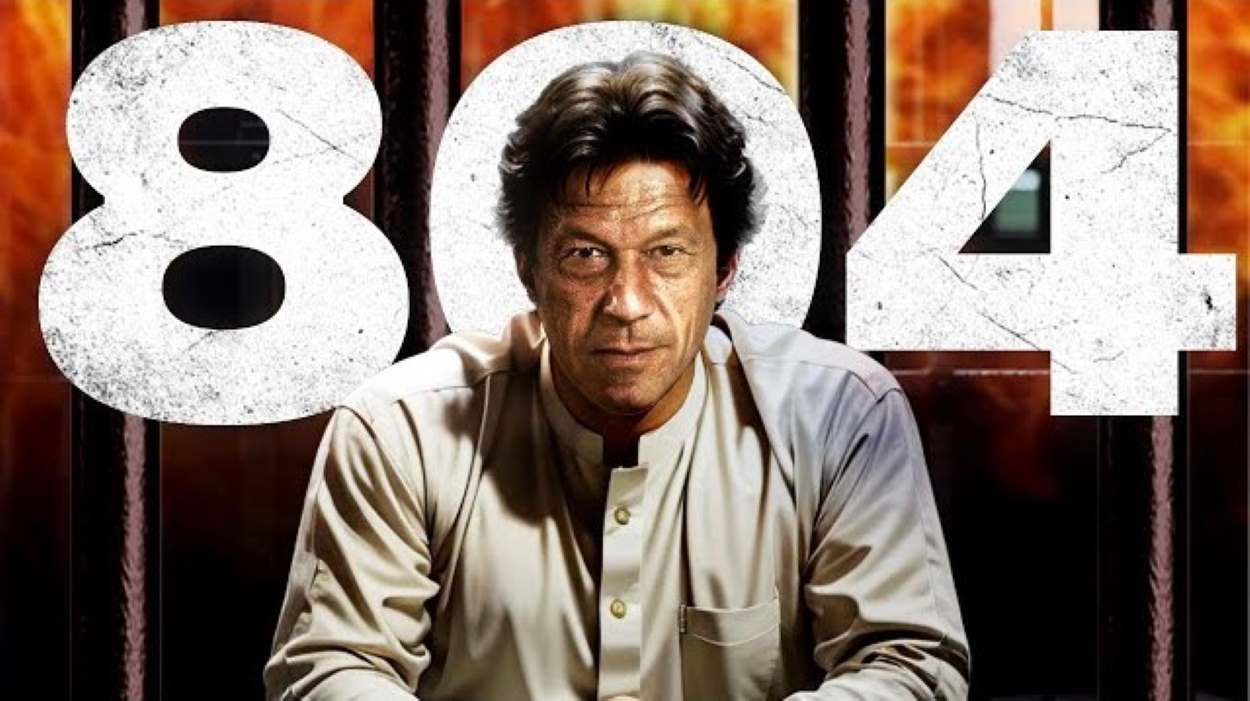Imran Khan, founder of Pakistan Tehreek-e-Insaf (PTI), has moderated his previous stance. He has directed party leaders to initiate dialogues within and outside Parliament to reduce political tensions.
PTI leadership is set to engage with various political entities outside Parliament, while its members will seek to improve relations with parties within the ruling coalition.
This strategic shift follows Khan’s interaction with the Chief Justice of Pakistan, Qazi Faez Isa, during a Supreme Court hearing related to National Accountability Bureau (NAB) law amendments. CJP Isa advised Khan to participate in parliamentary processes to address Pakistan’s challenges.
Khan addressed the Supreme Court via video link from Adaila Jail, where he has been detained since August 2023, and expressed concerns over political victimization following his April 2022 ouster.
He has authorized a three-member committee within his party to liaise with the establishment. Meanwhile, Khyber Pakhtunkhwa Chief Minister Ali Amin Gandapur reportedly conducts back-channel communications.
Sources indicate that PTI has resolved to support the state’s efforts towards political and economic stability to mitigate tensions. The party plans to negotiate on various matters, including Senate and National Assembly committees.
In a related development, former president and PTI leader Dr. Arif Alvi claimed on June 5 that Khan was pressured to “strike a deal and leave the country,” an offer Khan has refused. Alvi criticized the collaboration against Khan, predicting their efforts to sentence him would fail.
Alvi stated PTI’s willingness to dialogue with “stakeholders” but not with “non-stakeholders,” urging stakeholders to embrace compassion and not fear risks post-Khan’s release. He emphasized the need for legal supremacy, the return of the party’s mandate, and dialogues with decision-makers who wield real power.






